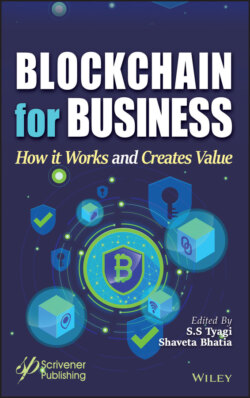Читать книгу Blockchain for Business - Группа авторов - Страница 33
1.10 The Current Regulatory Landscape
ОглавлениеBlockchain regulation, like the technology itself, remains very much in its starting phase. Initiatives above the national level, such as the EU’s Blockchain Observatory and Forum, the European Blockchain Partnership and the Mediterranean Seven, focus on supporting its use and development, largely avoiding regulatory issues. This is because of a lack of consensus and harmony on blockchain and its applications; while some nations have treated it with suspicious eye, including China, although other countries such as Malta and Estonia have passionately and embraced it. This has made a regulatory landscape which differs from nation to nation [17].
Italian and Swiss agencies are among those that have chosen it to observe and check, for the time being, rather than embarking on the time-consuming process of developing and managing new legislation and policies that may soon be outdated given the early stages of blockchain technology development. “Switzerland doesn’t need new special regulations for blockchain”, asserted Ueli Maurer, the country’s Finance Minister [18]. The agencies of government have started opting to update and apply some new chances in their existing rules and laws to account for this novel technology.
Other nations have taken the some different kind of approach and have chosen to adopt and absorb some new national legislation, solely addressing and pointing sole aspects or specific applications of blockchain [17, 18]. Keen attention has been drawn up to the application of blockchain in the sector of finance and crypto tools and assets like Bitcoin. Countries such as Poland, France and Luxembourg have chosen to absorb some specific guidelines tailored to these issues.
Meanwhile, a few countries such as Liechtenstein have taken a more advanced and progressive and forward approach as the government has approved The ‘Blockchain Act’, which marks a milestone not just for Liechtenstein but for the international community which look at blockchain as a malicious and untrustworthy technology [19]. It provides the first holistic regulatory framework to govern the underlying concepts of blockchain.
